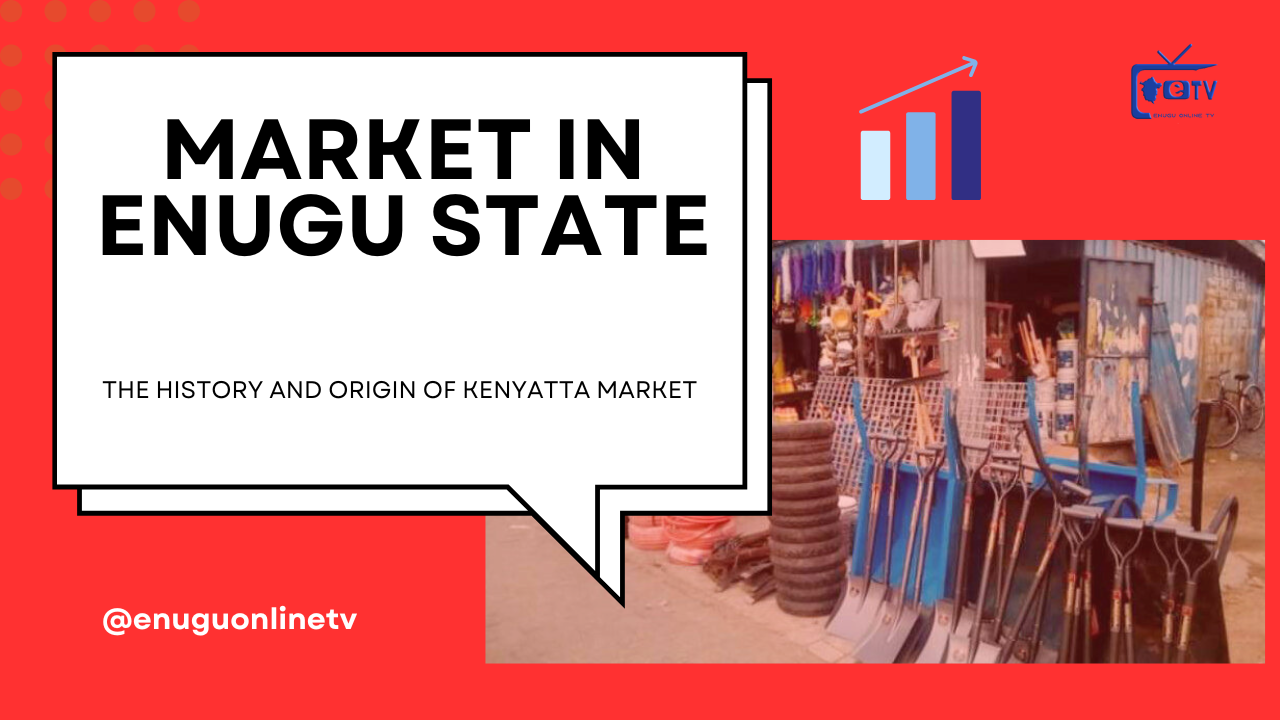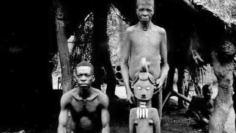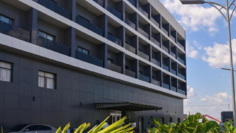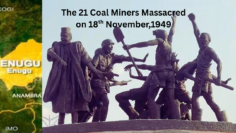
The History and Origin of Kenyatta Market in Enugu State
Historical Background
Kenyatta Market, commonly referred to as Mayor Market, is one of the major commercial hubs in Enugu State, Nigeria. The market is situated in the Uwani area of Enugu, providing a strategic location that serves both the residents of Enugu city and those from neighbouring areas.
Establishment and Early Years
In order to accommodate Enugu’s expanding population and rising business activity, the market was founded in the early 1970s. The market has the name of Jomo Kenyatta, the first Prime Minister and President of Kenya, and is a reflection of the pan-African unity that characterised Africa’s post-colonial era. This name was part of a larger movement to recognise African leaders who made noteworthy contributions to the continent’s struggle for freedom.
Initially, Kenyatta Market was designed to accommodate the influx of traders who were previously scattered around smaller markets in the area. It quickly grew in size and importance, becoming a central trading hub where various goods and services were exchanged.
Development and Expansion
Kenyatta Market has experienced substantial growth and development over the years. To increase its capacity and infrastructure, the market underwent significant renovations in the late 1980s and early 1990s. More stalls, stronger drainage systems, and increased security measures were some of the upgrades. The goal of these changes was to make the atmosphere more favourable for both retailers and consumers.
The market is divided into different sections, each specialising in various types of goods. There are sections for fresh produce, textiles, electronics, household items, and more. This specialisation has helped streamline the market’s operations, making it easier for customers to find what they need and for traders to manage their businesses.
Economic and Social Impact
The Kenyatta market is essential to the Enugu State economy. For thousands of traders, artists, and service providers, it provides a significant source of income. Through taxes and levies received from the dealers, the market also makes a substantial contribution to the state’s revenue.
Socially, Kenyatta Market is a vibrant community hub where people from different backgrounds and walks of life come together. It is a place where cultural exchanges occur, fostering a sense of community and shared identity among the residents of Enugu. The market’s bustling atmosphere reflects the dynamism and entrepreneurial spirit of the people.
Challenges and Modernization Efforts
Kenyatta Market has encountered various obstacles throughout the years, notwithstanding its achievements. Its operations have been seriously threatened by problems like overcrowding, inadequate waste management, and sporadic fire outbreaks. Nonetheless, the market authorities have approached these issues head-on, working with the state government.
In recent years, there have been concerted efforts to modernise the market. These efforts include the introduction of more organised waste management systems, the installation of fire safety equipment, and the promotion of digital payment methods to enhance trading efficiency. There have also been initiatives to improve the overall aesthetic of the market, making it more appealing to both traders and customers.
Future Prospects
Kenyatta Market is expected to continue expanding and developing in the future. It is anticipated that the current modernisation initiatives will carry on, with plans for more infrastructural improvements and the adoption of creative solutions to improve trading operations. The market is an essential component of Enugu’s commercial landscape due to its advantageous location and well-established reputation.
In summary, Kenyatta Market contributes to Enugu State’s economy and social fabric and stands as a testament to the enduring spirit of trade and community in the region. Its evolution from a modest trading post to a bustling commercial hub reflects the resilience and adaptability of its people, ensuring that it remains a cornerstone of Enugu’s market system for years to come.










